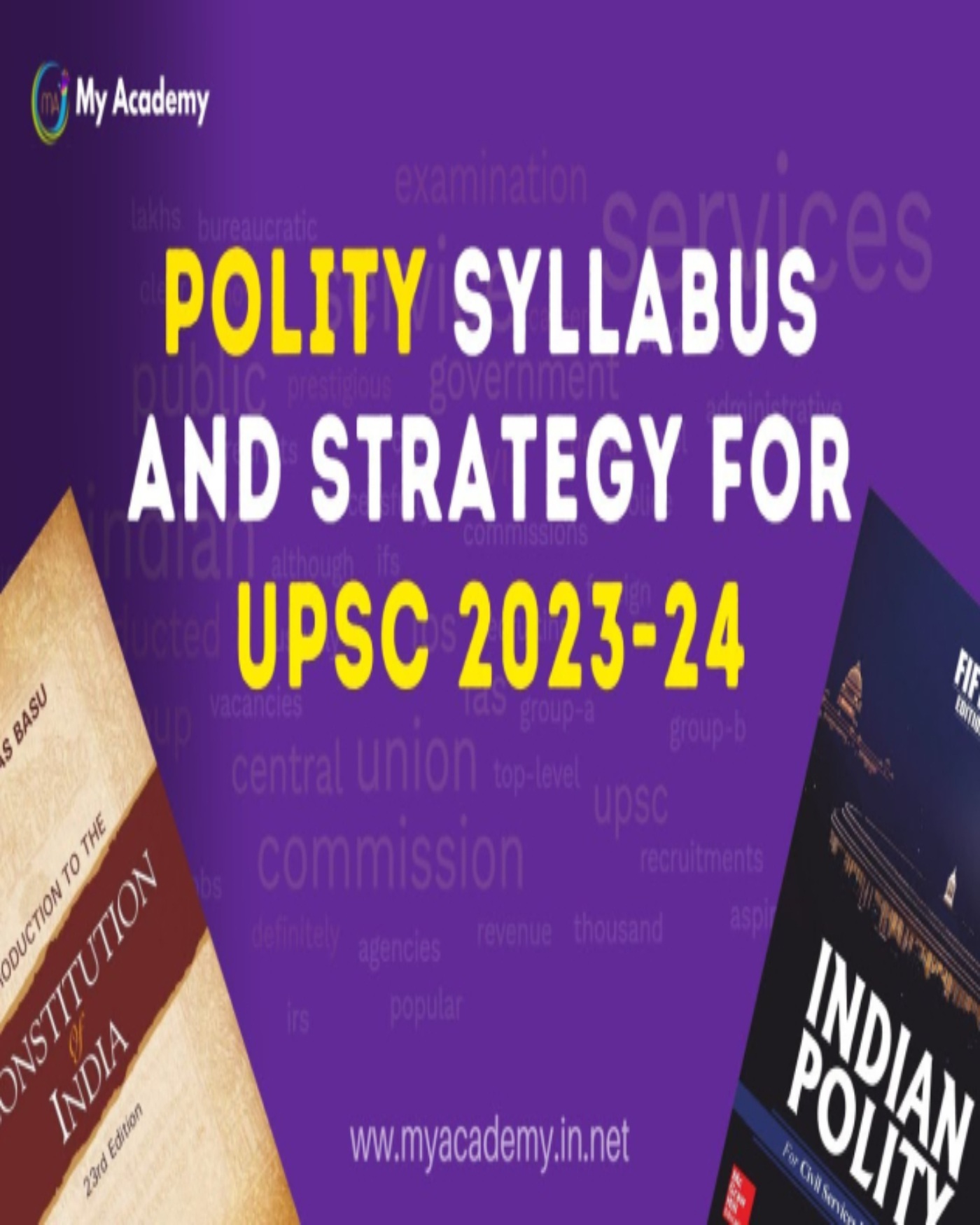Introduction
The Union Public Service Commission (UPSC) is a prestigious organization that conducts various examinations for recruitment in the Indian Civil Services. The Civil Services Examination (CSE) is one of the most competitive exams in India, and candidates appearing for it must have a thorough understanding of the polity syllabus and strategy for UPSC prelims. In this article, we will provide you with a comprehensive guide on the polity syllabus and strategy for UPSC prelims, including the important topics to focus on, tips and tricks, and a study plan to help you ace the exam.Important Topics to Focus On
The polity syllabus for UPSC prelims is vast, and candidates must prioritize the important topics to prepare effectively. Here are some of the important topics that you should focus on:Indian Constitution: The Indian Constitution is the cornerstone of the Indian polity, and candidates must have a clear understanding of its key features, including the preamble, fundamental rights, directive principles of state policy, and the role of various constitutional bodies.
Indian Political System: The Indian political system is a complex web of institutions, processes, and actors, and candidates must understand the functioning of various institutions like the Parliament, the judiciary, and the executive.
Governance: Governance is an important topic for the UPSC prelims, and candidates must have an understanding of various governance models, including the role of bureaucracy, citizen participation, and the challenges faced by the Indian governance system.
International Relations: International relations is an important topic for the UPSC prelims, and candidates must have a clear understanding of India's foreign policy, its relations with neighboring countries, and its role in international organizations like the UN and WTO.
Tips and Tricks
Preparing for the UPSC prelims can be a daunting task, but with the right approach, candidates can ace the exam. Here are some tips and tricks that you can follow:Focus on Conceptual Clarity: The UPSC prelims tests the candidate's understanding of concepts rather than just rote learning. Candidates must focus on building a strong conceptual foundation and understanding the interlinkages between various topics.
Practice Previous Year Papers: Previous year papers are an excellent source of practice for the UPSC prelims. Candidates can get an idea of the type of questions asked, the difficulty level of the exam, and the time management required.
Revise Regularly: Revision is an important aspect of UPSC preparation, and candidates must revise the important topics regularly. It helps in retention and ensures that candidates have a strong command over the topics.
Stay Updated: The UPSC syllabus is dynamic and candidates must stay updated with the latest developments in the Indian polity and international relations. Reading newspapers, watching news channels, and following relevant websites can help in staying updated.
Study Plan
Preparing for the UPSC prelims requires a disciplined approach and a well-planned study schedule. Here is a study plan that you can follow:Week 1-2: Focus on building conceptual clarity and understanding the key features of the Indian Constitution.
Week 3-4: Understand the functioning of various institutions like the Parliament, the judiciary, and the executive.
Week 5-6: Study governance models, citizen participation, and the challenges faced by the Indian governance system.
Week 7-8: Study India's foreign policy, its relations with
